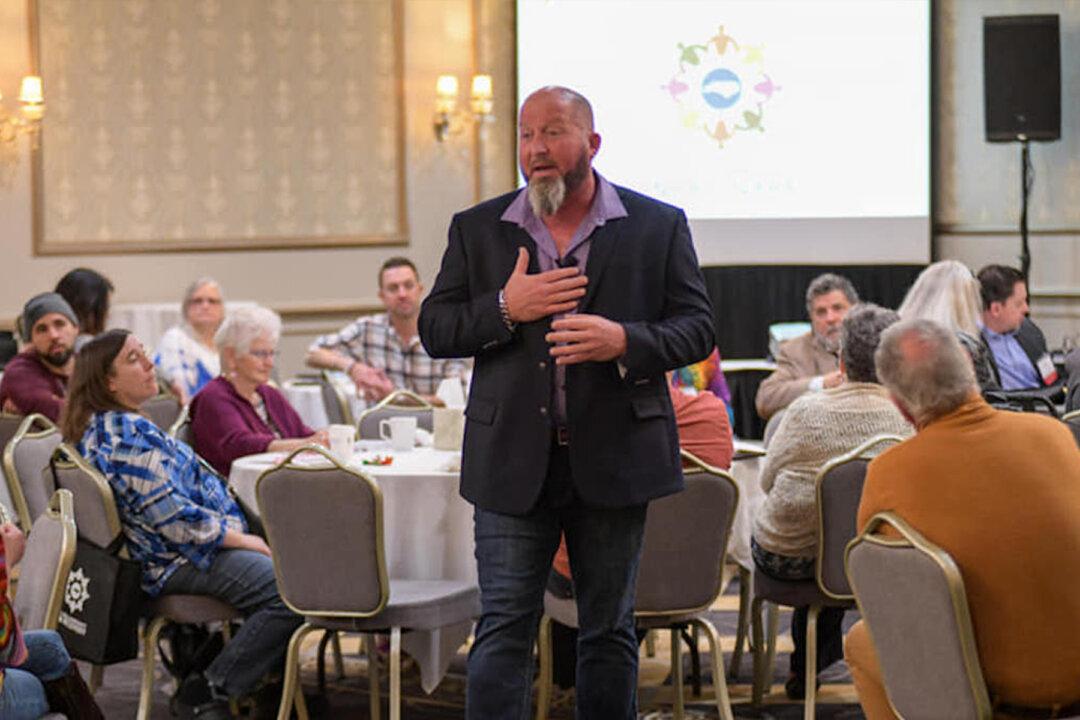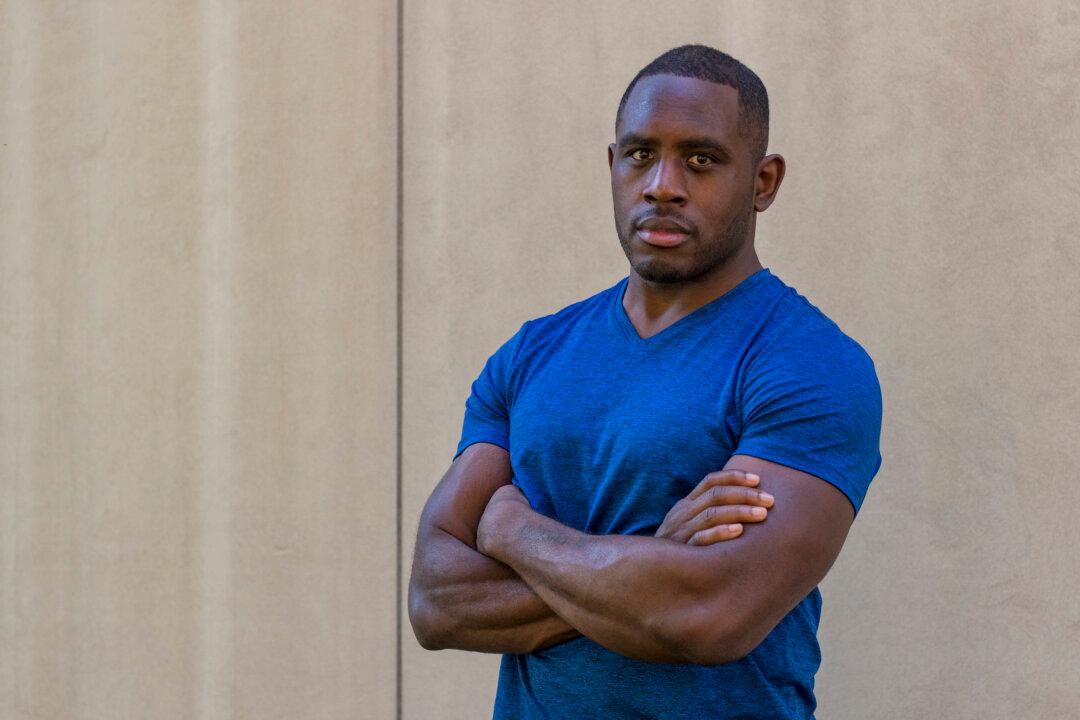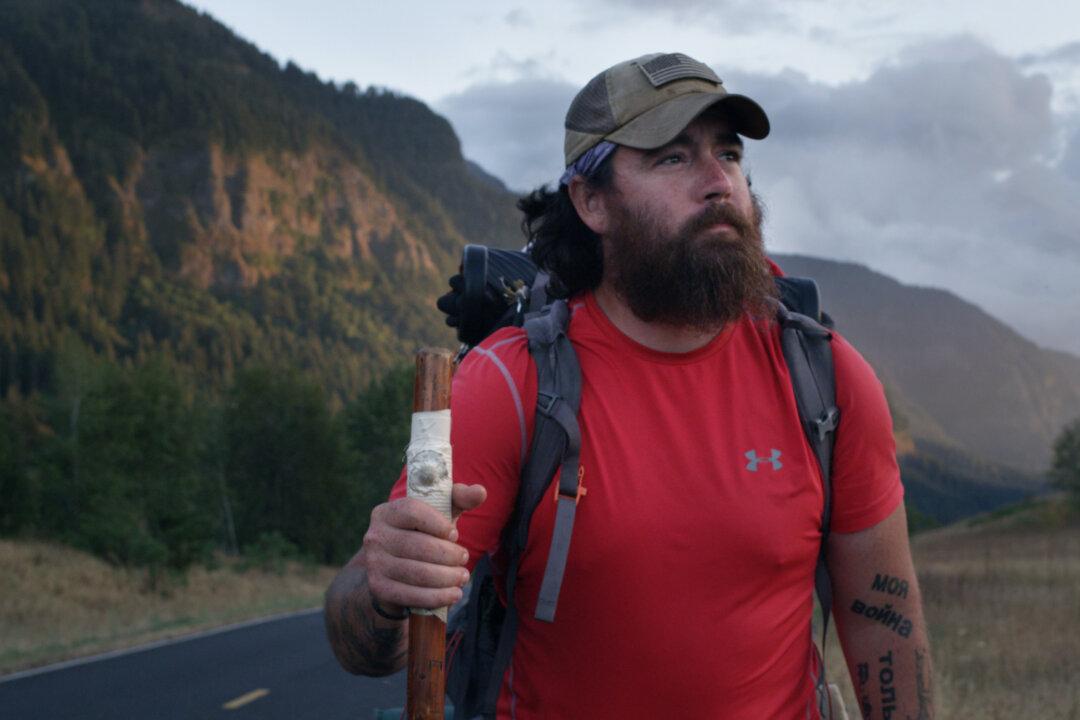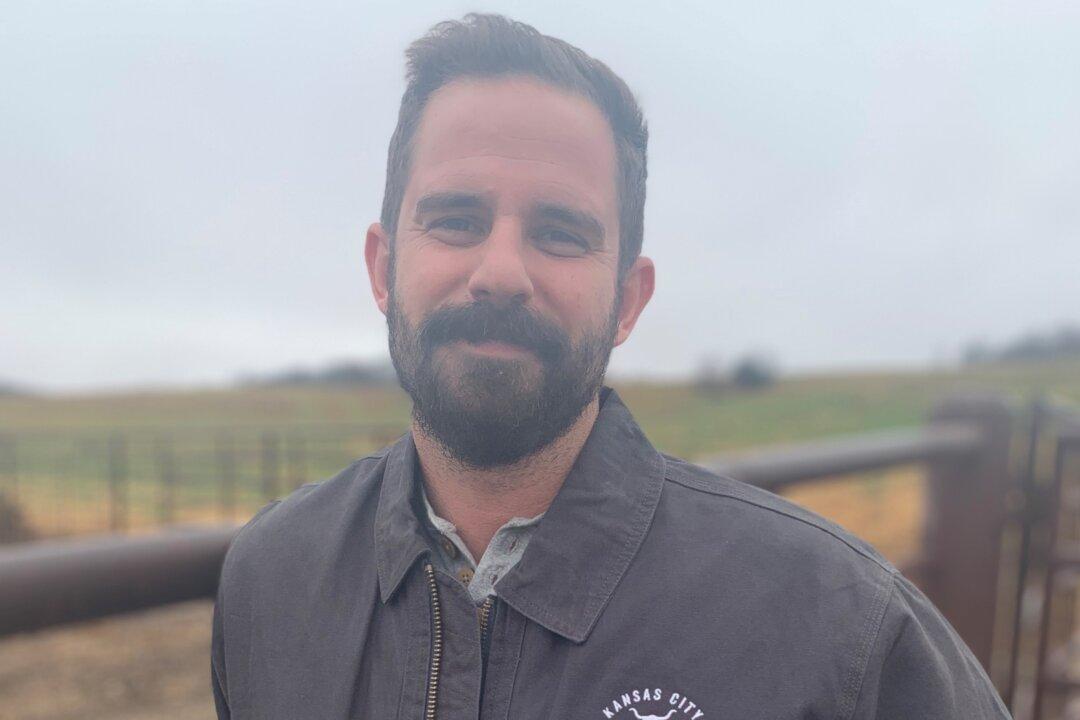Opioid overdoses kill an average of 130 people daily, and addiction often starts with a legitimate prescription. One Green Beret became hooked to the euphoria that painkillers gave him, and spent 17 years addicted to opioids, alcohol, and other drugs. Now, he’s sharing his story of recovery and hope.
Military culture has been a large part of Teddy Lanier’s family, and many of his family members have served in the armed forces. While growing up, Lanier found himself in trouble every now and again, and lacked a sense of direction.






